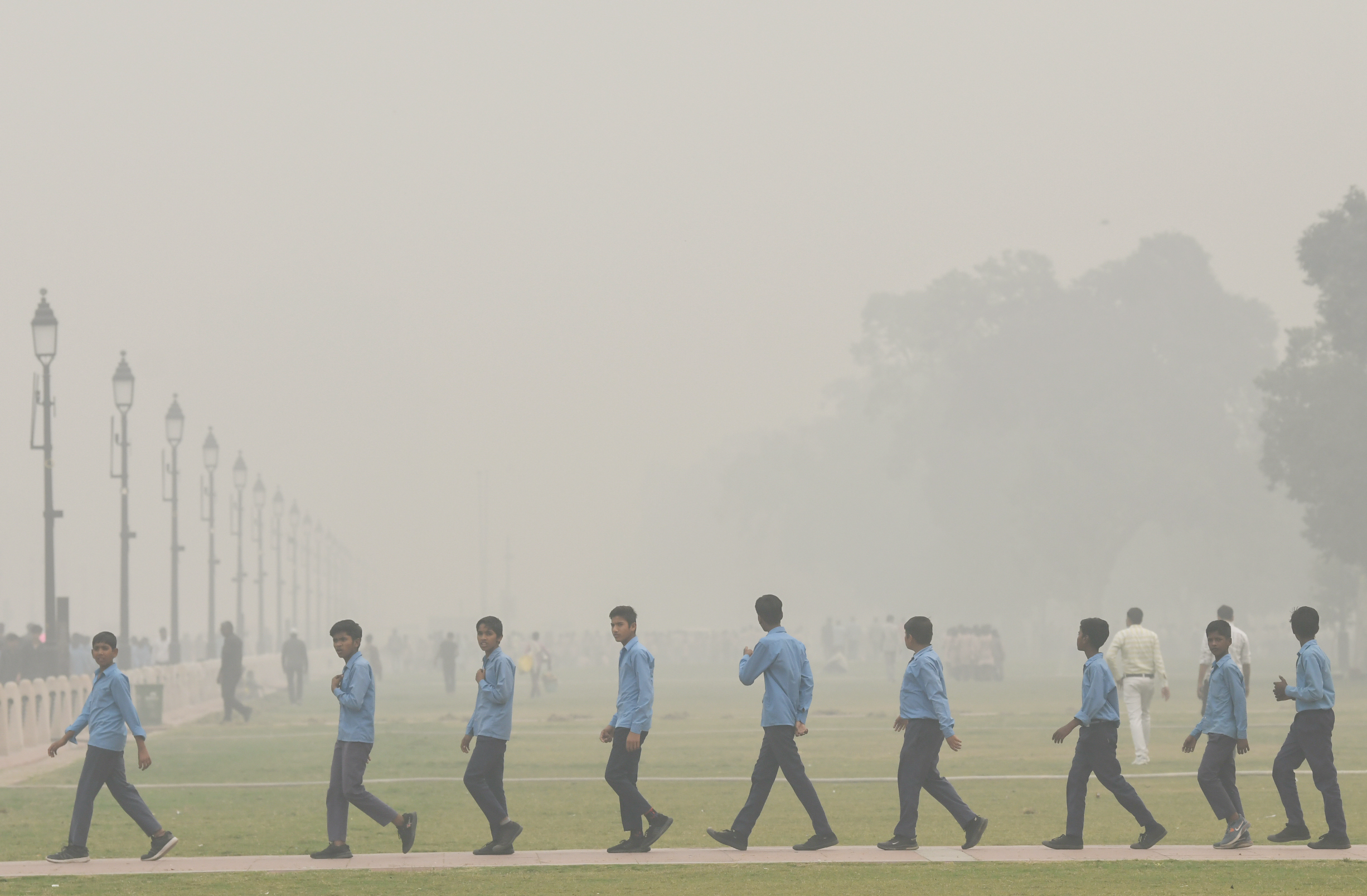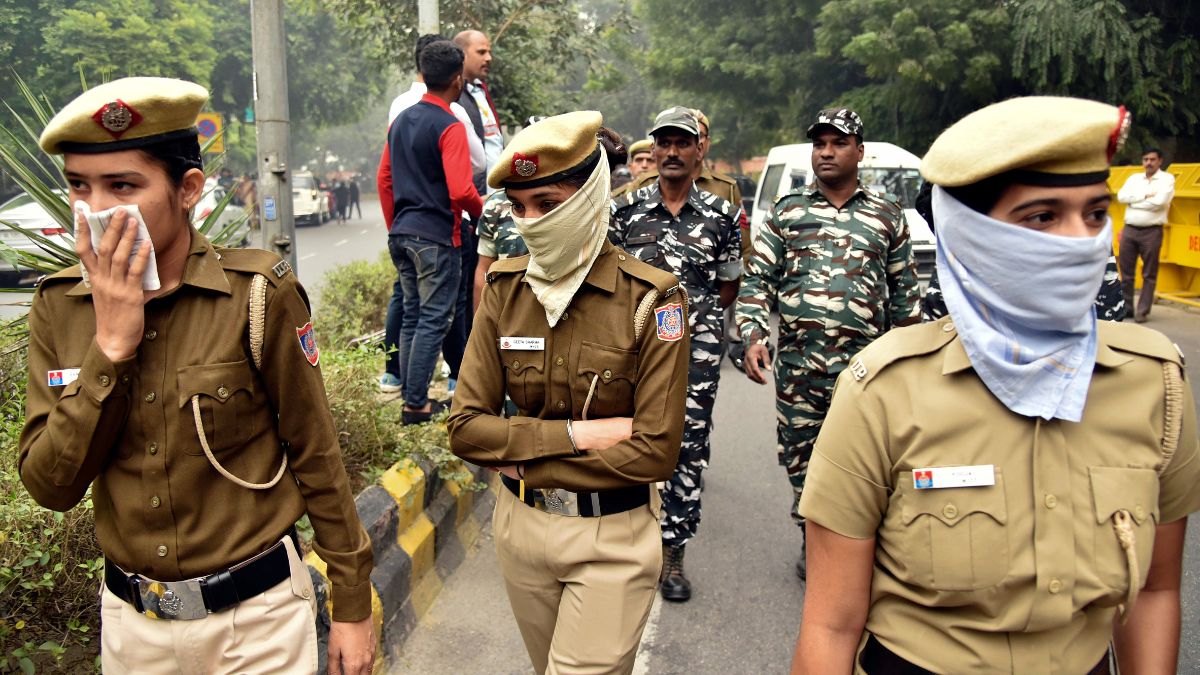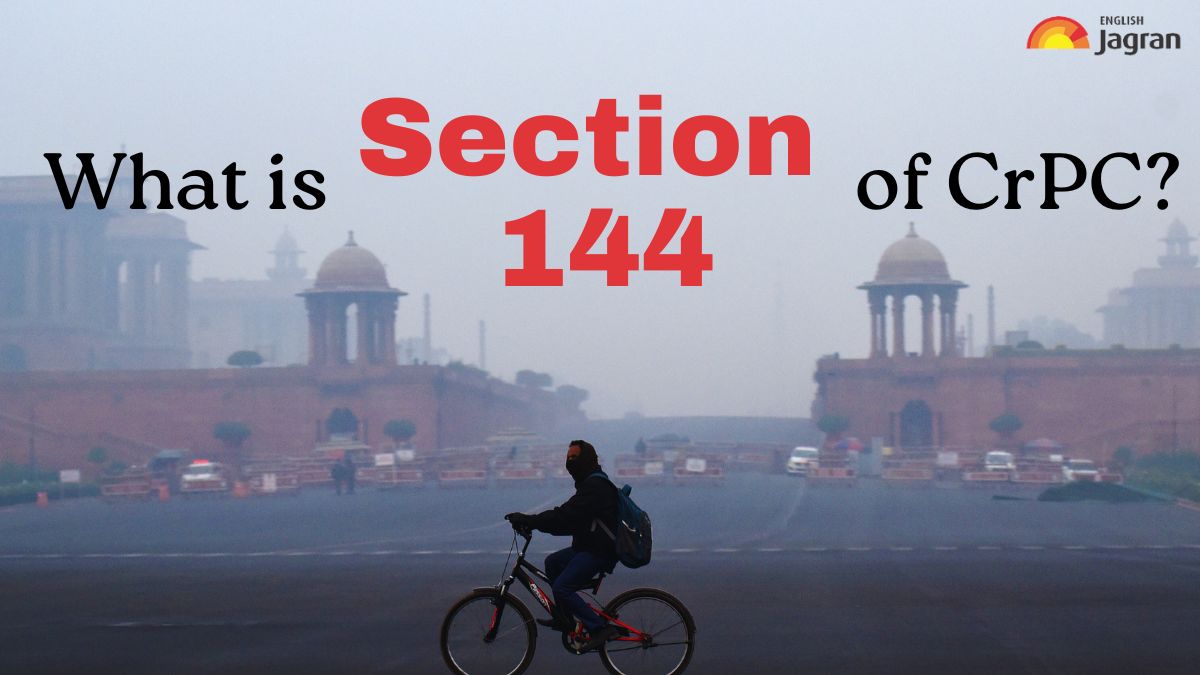- By Kamal Kumar
- Tue, 07 Nov 2023 03:48 PM (IST)
- Source:JND
Section 144 in Gurugram: The continued struggle of authorities to mitigate the impact of worsening air pollution in Delhi-NCR is still awaiting a concrete result. As the National Capital Region (mainly consisting of Delhi, Noida, Gurugram, Meerut, Faridabad, and other districts of UP, Haryana and Rajasthan) is still grappling with the layers of stinky haze engulfing the skylines, all district administrations are gearing up the measures.
In the wake of the deteriorating air quality, the Gurgram district magistrate (DM) has banned the burning of pollution-causing waste materials such as garbage, leaves, plastic and rubber. The district administration issued this order under Section 144 of the Criminal Procedure Act, 1973, thus stoking the news around this section of law books. Section 144 of the CrPC empowers district administration to issue orders in urgent nuisance cases or apprehended danger. This section is used when authorities feel an urgent threat to the security of a region, constituency or the whole district.
 The use case of section 144 differs on a case-to-case basis. In some cases, when it is used to deter riots or unlawful assembly, DM or sub-divisional magistrate or any such magistrate who has been empowered by the state government on its behalf can issue orders to ban the assembly of five or more people in an area where it has been imposed. The section also empowers the authorities to block internet access to the general public.
The use case of section 144 differs on a case-to-case basis. In some cases, when it is used to deter riots or unlawful assembly, DM or sub-divisional magistrate or any such magistrate who has been empowered by the state government on its behalf can issue orders to ban the assembly of five or more people in an area where it has been imposed. The section also empowers the authorities to block internet access to the general public.
Language of Section 144
The language of the section suggests that it can be used against an individual as well as a group or the community. The language empowers the magistrate with the following-
".....direct any person to abstain from a certain act or to take certain order concerning certain property in his possession or under his management, if such Magistrate considers that such direction is likely to prevent, or tends to prevent, obstruction, annoyance or injury to any person lawfully employed, or danger to human life, health or safely, or a disturbance of the public tranquillity, or a riot, or an affray."
Conditions and duration of its imposition
Section 144 is imposed in extraordinary situations when the administration is apprehensive of a threat to public order or peace. While enabling the authorities to respond to threat actors, Section 144 restricts the carrying of weapons by ordinary citizens. These weapons include Lathis, Dandas, Guns, knives and other such items which can be used to harm the lives and property of people.
 However, no order passed under Section 144 can remain in force for more than two months from the order date. The state government can extend this, but not more than six months.
However, no order passed under Section 144 can remain in force for more than two months from the order date. The state government can extend this, but not more than six months.
Punishment on violation
Individuals participating in an illegal assembly can face charges for "engaging in rioting," with a maximum penalty of three years imprisonment. The law also holds accountable anyone hindering the police in their actions.

